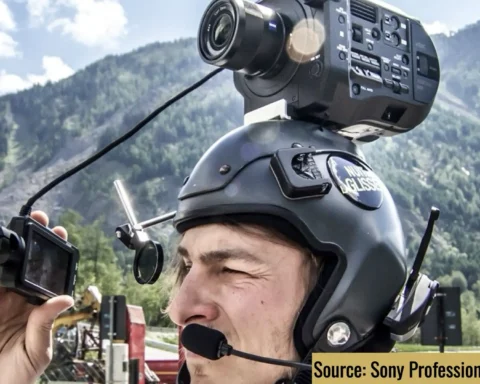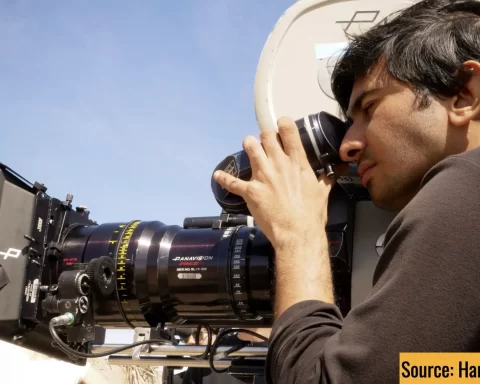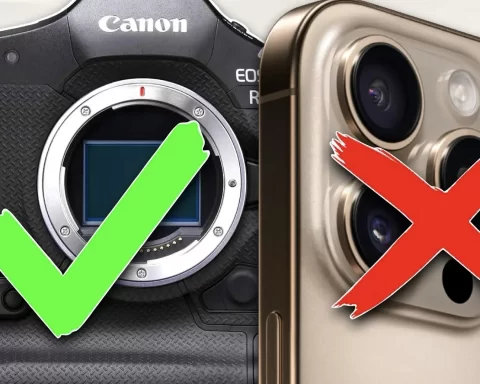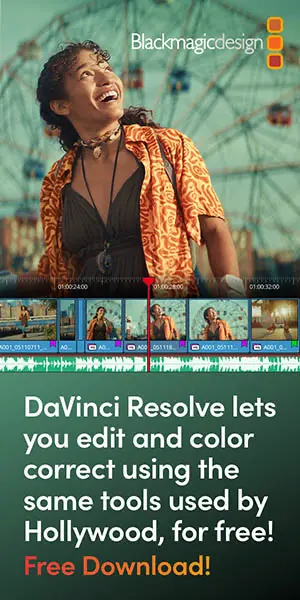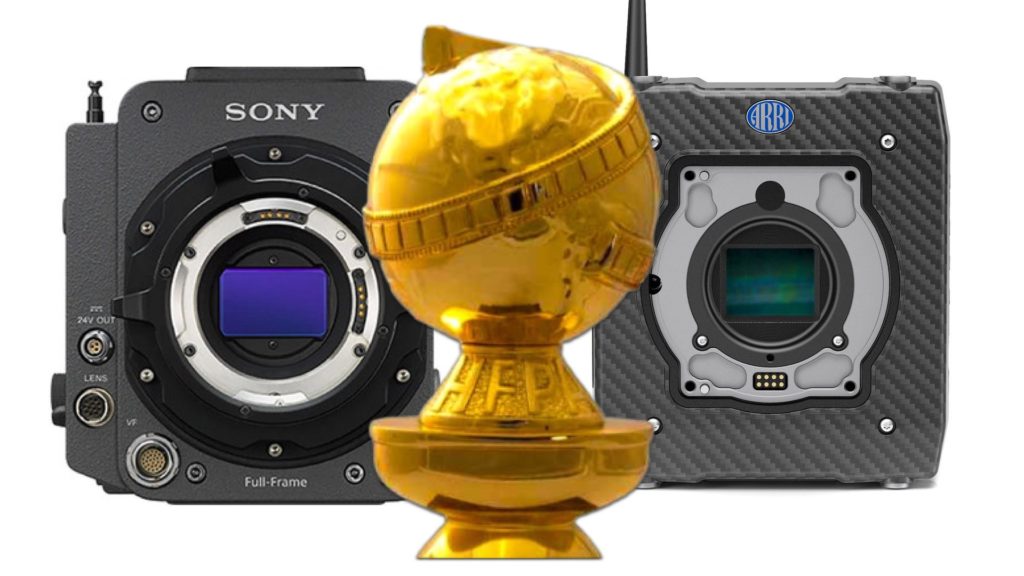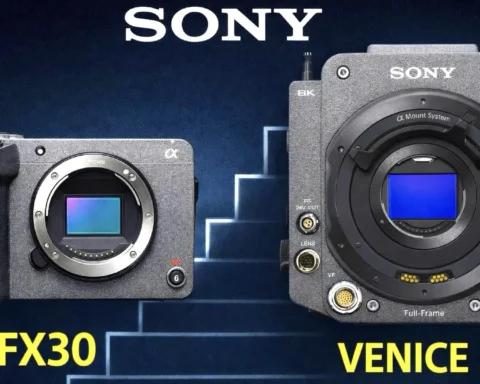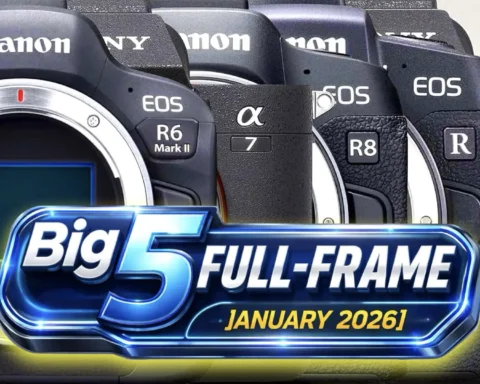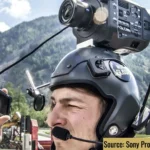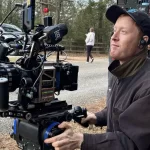As part of our series, Women’s Cinema, we interviewed 1st AC Rozemarijn Stokkel. In this intriguing episode, Rozemarijn (Rose) tells us what made her pursuing a filmmaking career, the challenges of being a female in this very ‘male-dominated’ industry, and her takeaways and advice for others. Read on.
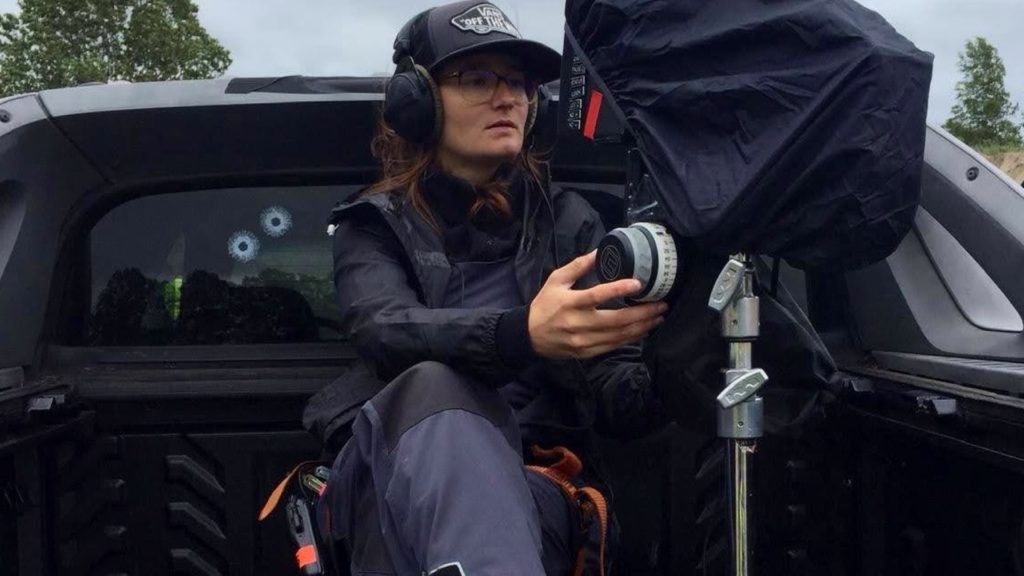
Women’s Cinema by Y.M.Cinema Magazine
Women’s Cinema is a new series by Y.M.Cinema Magazine with the goal of encouraging women to pursue after filmmaking career and to provide a stage for women in the content creation industry, regardless of their role on set. Read here Part 1 and Part 2.
This time, we interviewed 1st AC Rozemarijn (Rose) Stokkel. Rose owns a BA in Cinematography from Dutch Filmacademy, 2008. After graduation Rose has been working as a 1st AC on high-budget features, TV Dramas, and commercials. Check out her website.
It all started with a flying crane
Y.M.Cinema Magazine: Please tell a bit about yourself (short bio focusing on the filmmaking career), and how did you choose filmmaking as a profession/ career.
Rozemarijn Stokkel: When I was 8 years old, I was a child extra. I clearly remember a large scene taking place in a dark cemetery that was lit with big lights. As I walked up to the set there was a crane flying over me, with a camera and a person on it. That was the moment I decided that that was what I want to do.
At 22 years old I graduated from the Amsterdam Film Academy and I have been working as a 1st AC ever since.
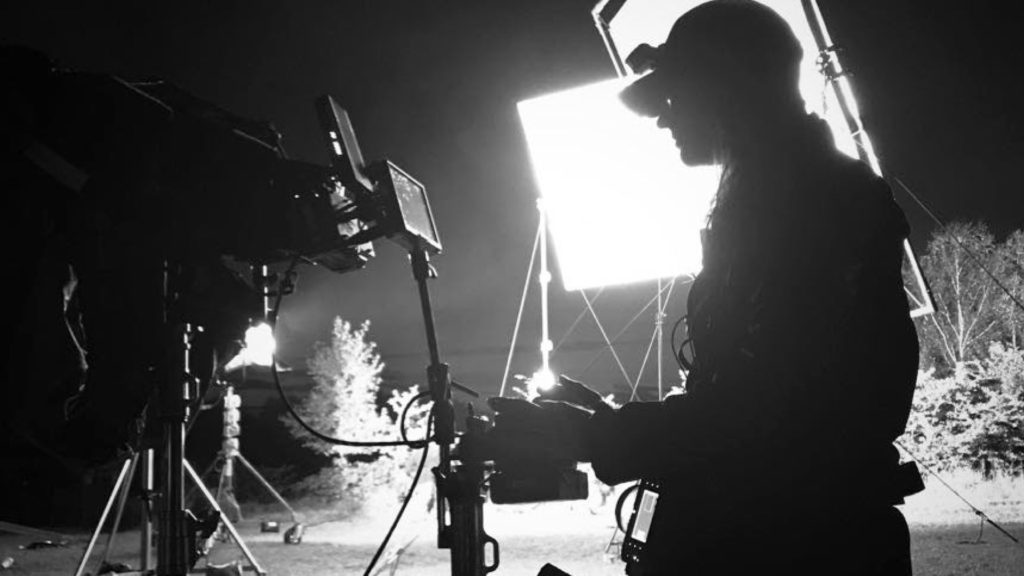
1st AC on the set
Y.M.Cinema Magazine: Please describe your roles on the set, and what you like the most.
Rozemarijn Stokkel: I have been a 1st AC for the last thirteen years. I am responsible for focussing the camera and many other things such as organizing and logistics and equipment during a production; making sure the DP has nothing to worry about; taking care of my assistants and trainees and communicating with production about the following day.
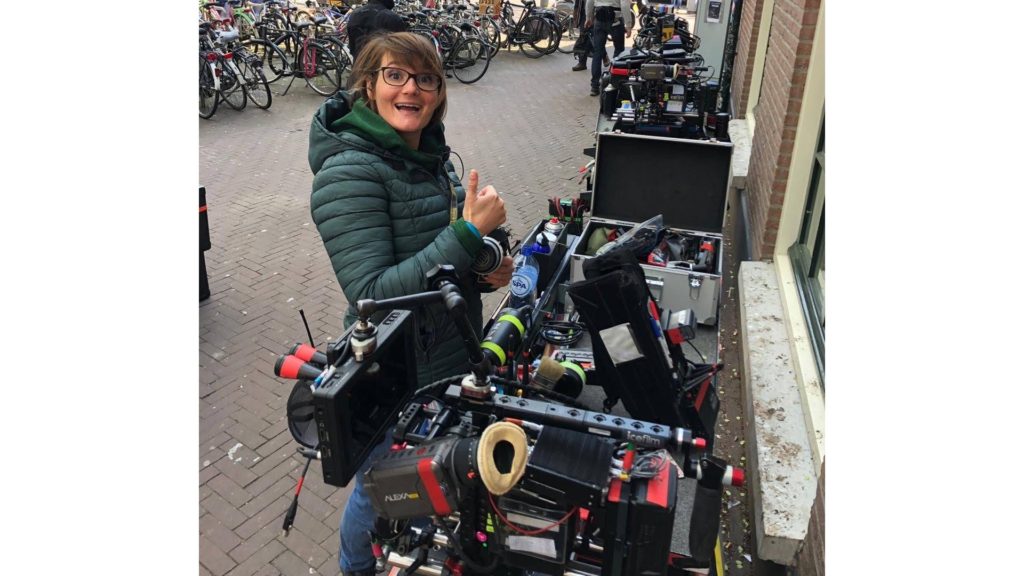
What I like the most has changed in the last few years. I was always thrilled to pull focus on difficult shots. However, in the last few years, I have started enjoying teaching my 2nd AC and trainees more about focus pulling and the industry.
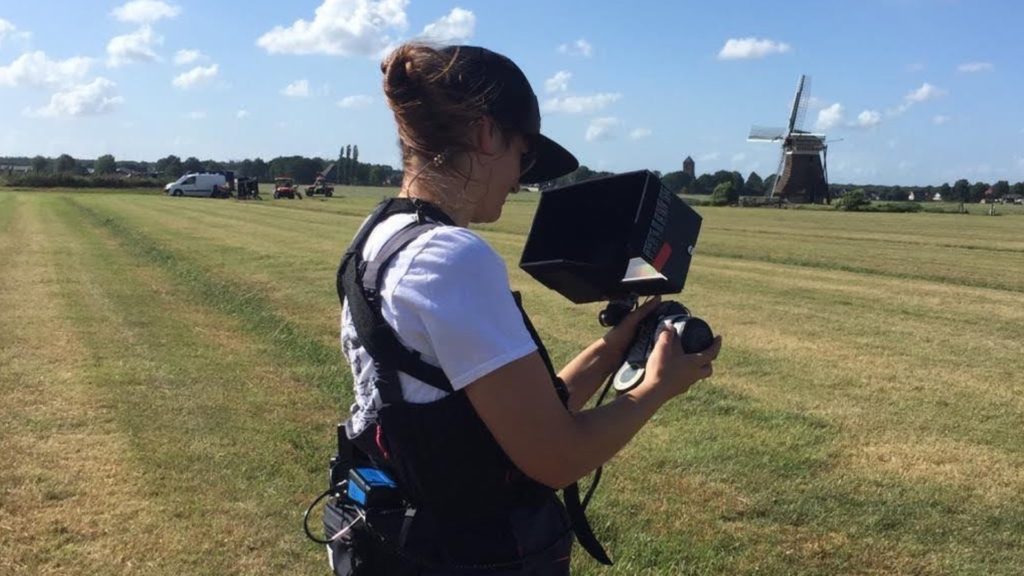
Over the last few years, things have changed. Ever since the MeToo stories came into the open, a discussion has started on set. Women started to share their stories and discovered that they all had the same experience. That created a ‘you-are-not-alone feeling’.
Rozemarijn Stokkel
The Focuspulleratwork platform
Y.M.Cinema Magazine: As a member of the Focuspulleratwork network, let the audiences know more about it.
Rozemarijn Stokkel: The Focuspulleratwork platform is a website created by and for 1st ACs. It is a platform where you can ask all sorts of technical questions. For example, we have posts ranging from what shoes to wear when it’s cold, to how to solve a remote focus issue on set. There are over 1200 1st AC members on the platform, so the response time to questions is very fast. Focuspulleratwork is not only for experienced focus pullers but also for camera assistants who are just starting. It is important to educate new assistants. Mistakes are very visible on set and you can easily be called out on them. It is important to realize that we all experience this. Once the world is back to normal again, focuspulleratwork hopes to organize events in different countries so that we can talk about our experiences on set.
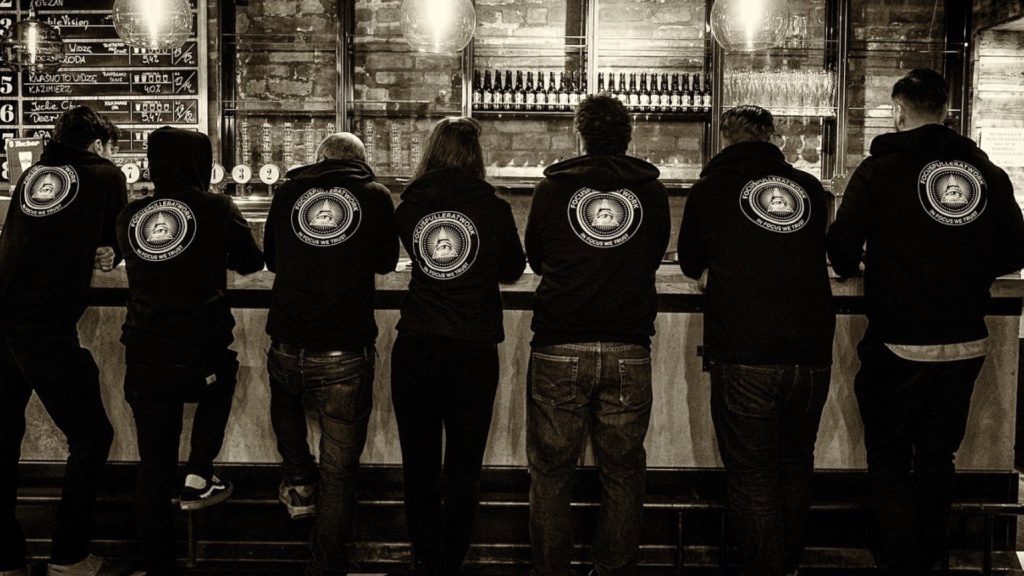
Working in high-budget projects as an eye-opener
Y.M.Cinema Magazine: Name a few interesting projects that you were participated in.
Rozemarijn Stokkel: In the last few years I have worked on a few interesting projects. Each of them was interesting for different reasons. One of Holland’s largest movies ever is Redbad the Legend, a 7 million euro Viking movie. I was the 1st AC on A-cam. It was a challenging 4 camera feature with three 1st AC’s and just one 2nd AC. We went to Denmark, Belgium, Holland, and Germany. We filmed large battles at night in the mud. We had a rain machine almost every day. It was a difficult shoot and an eye-opener for me. Leading a big on a large feature was one of the biggest pleasures I have had so far.
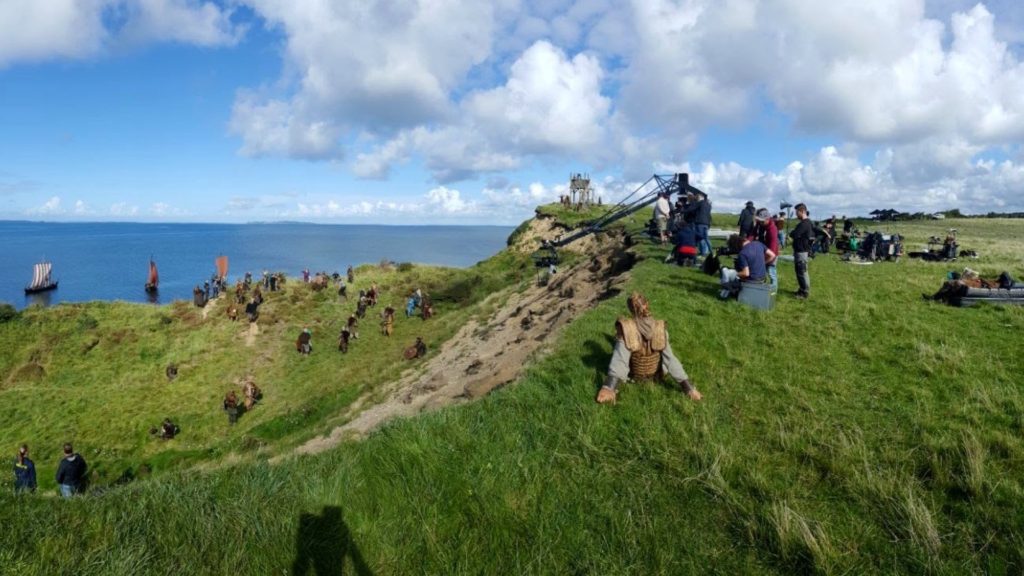
I was always thrilled to pull focus on difficult shots. However, in the last few years, I have started enjoying teaching my 2nd AC and trainees more about focus pulling and the industry.
Rozemarijn Stokkel
Vals is a feature that took place in the woods of Belgium. it was all nights, all snow, cold, and all the days were extended. All the locations were challenging. The whole camera department was my friends, which made me realize how important it is to be surrounded by people you love on set. It makes it easier to keep smiling when things are difficult. The last project I worked on was the tv show Hanna for Amazon. It was a very special project for me because for the last few years I have been dreaming about working on big-budget shows in the UK. To me, working on Hanna was one step closer to realizing this dream.
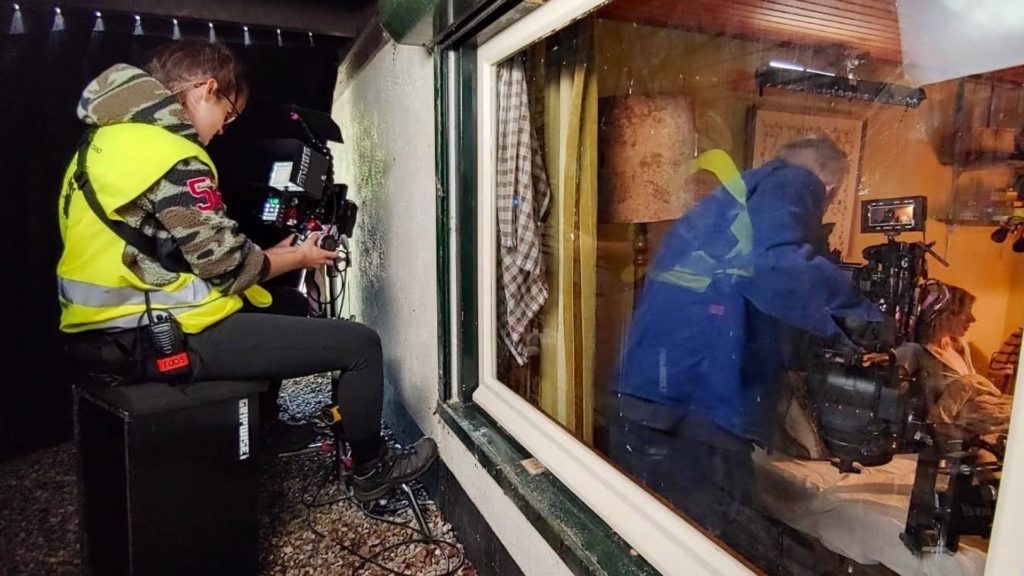
Women on set
Y.M.Cinema Magazine: Big questions: What’s it like to work in a professional environment dominated by men? As the majority of the filmmaking industry are men, do you feel that you have a glass ceiling above you? You can elaborate on those MeToo situations you’ve experienced during your career. Is it different now? What has been changed over the years?
Rozemarijn Stokkel: When I started working in the industry I was very young. I started working as a loader at the age of nineteen. My 1st AC was a woman. I remember her warning me about some of the male crew. I was very naïve and I didn’t really understand what she was talking about until I experienced it myself. Over the last few years, things have changed. Ever since the MeToo stories came into the open, a discussion has started on set. Women started to share their stories and discovered that they all had the same experience. That created a ‘you-are-not-alone feeling’, and more and more women dared to speak up. Talking about our experiences changed the behavior of men on set towards women. There are more and more women on set I don’t think that there is a glass ceiling, but I do feel I have to prove myself more than my male colleagues.
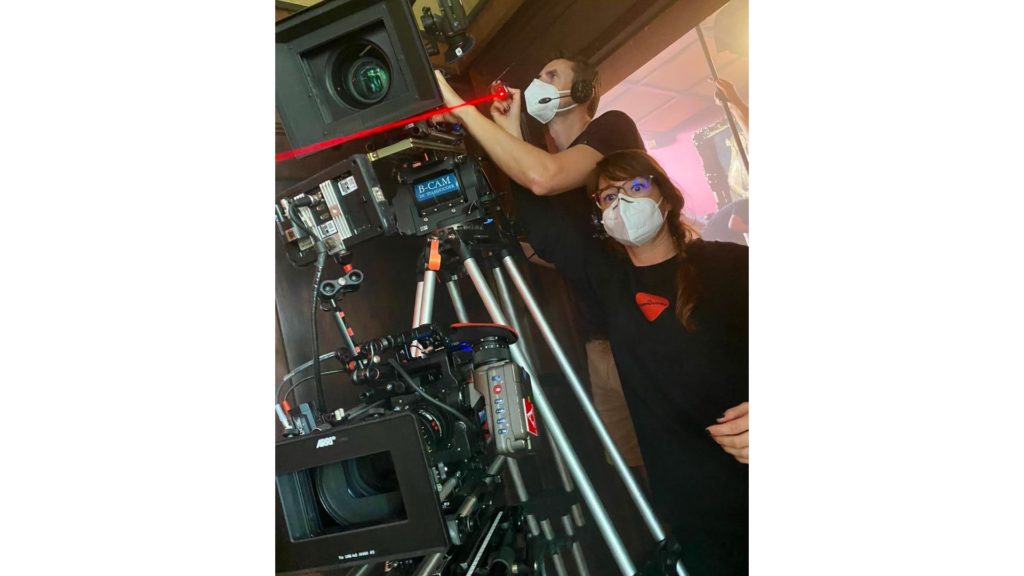
There are more and more women on set I don’t think that there is a glass ceiling, but I do feel I have to prove myself more than my male colleagues.
Rozemarijn Stokkel
Accepting new talents on movie sets
Y.M.Cinema Magazine: You said: “Feel like we are heading in the right direction, but it still is white men doing the large jobs”. Please explain this statement.
Rozemarijn Stokkel: I love seeing camera behind the scene photos on Instagram and Facebook. But when you take a closer look, do you see many women? I agree that it is getting better, however, in the majority of photos, we are still seeing groups of white men. Don’t get me wrong, I believe it is important to have experienced people on set, but we also need to make more space for new talent, they should be given a chance.
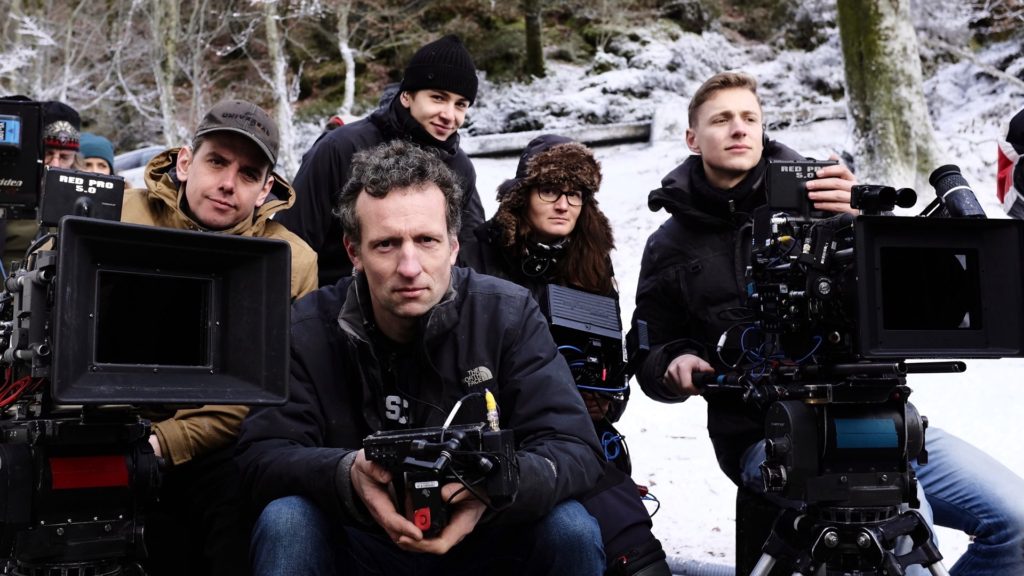
We filmed large battles at night in the mud. We had a rain machine almost every day. It was a difficult shoot and an eye-opener for me. Leading a big on a large feature was one of the biggest pleasures I have had so far.
Rozemarijn Stokkel
Pursue your dreams!
Y.M.Cinema Magazine: Do you recommend that other women pursue a career in filmmaking? If so, what are your tips and tricks for others?
Rozemarijn Stokkel: If you have a dream, you should follow it. Don’t let anything or anyone discourage you. Be prepared to work hard and stand up for yourself. Nothing is impossible. For young women trying to follow their dreams, I would advise that they seek out other women in the industry and ask them about their experiences. Every route is different, so take whatever advice you need to get you to where you want to go.
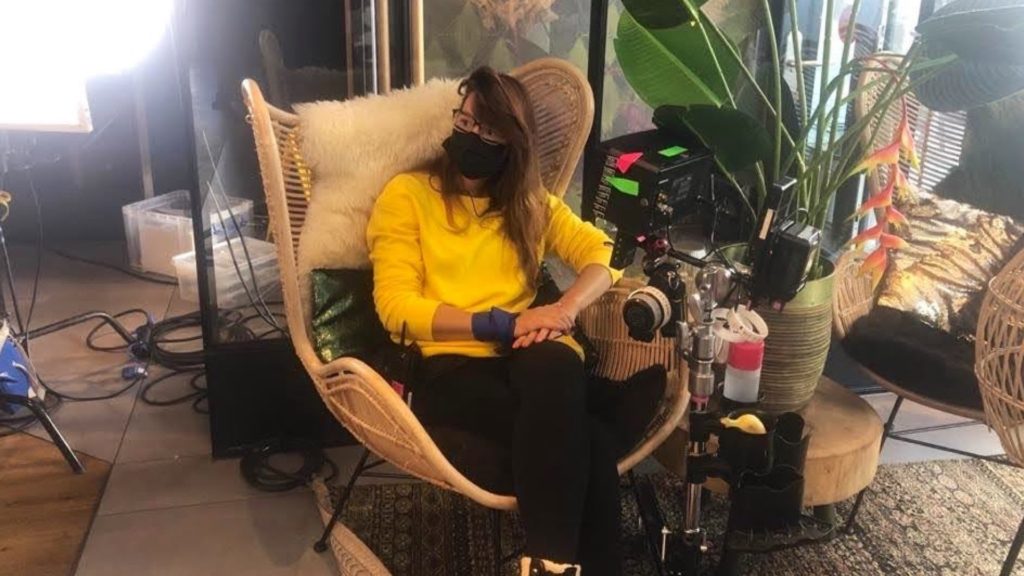
Final thoughts
Y.M.Cinema Magazine: Anything to add? Talk freely.
Rozemarijn Stokkel: Covid-19 is a challenge for the industry all over the world. It is hard to work with a mask on, keep the distance and the daily testing can get really annoying. If you are one of the lucky few and are working in time like these, try to encourage colleagues to follow restrictions, so we can all be back on set. Challenge and educate yourself, watch the online workshops and discussions, try to keep your enthusiasm for film making, and talk to colleagues if you are feeling down. It will get better.


